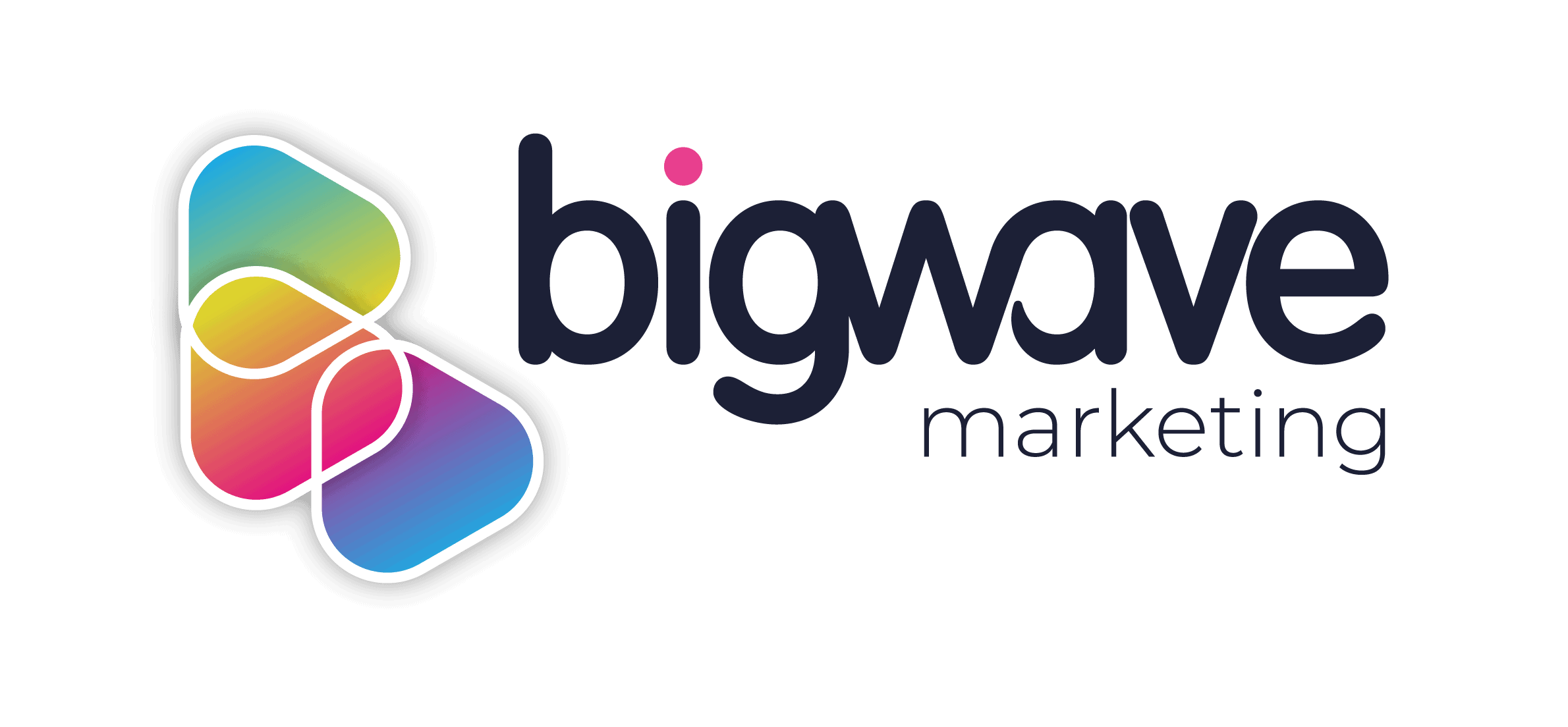A warm welcome to Google Analytics 4! Google’s new vision for the future of analytics combines data from both apps and websites. From July 1st 2023, standard Universal Analytics properties will no longer process data. But not to worry, all existing Universal properties can be upgraded to GA4, and those accounts won’t be affected as new Analytics properties will be created to collect new data.
We all knew it was coming. As the digital world evolves, so must the components that make it up. Google is confident that they have nailed the future of analytics with a new measurement solution that enables users to acquire data unlike ever before.
This new initiative is only going to benefit businesses. However, the announcement has caused some panic in current GA users as Google’s significant changes only mean something new to learn and understand, which will be time-consuming for many.
What is Google Analytics 4?
Google Analytics 4 is the new version of Google Analytics, announced in October 2021 and coming into motion in July 2023. Before GA4, there have been three previous versions, including:
- GA1 – Classic Google Analytics (ga.js JavaScript library)
- GA2 – Universal Analytics (analytics.js JavaScript library)
- GA3 – Universal Analytics (gtag.js JavaScript library)
What’s Different About Google Analytics 4?
Google Analytics 4 still uses the gtag.js JavaScript library, but it has a new measurement model called Event+Parameter. This new model ensures that GA4 can enable robust cross-device and cross-performance tracking, accurate reporting on unique users, advanced analysis reports, unlimited data volumes, automatic event tracking, new engagement metrics, and debugging. GA4 will feature enhanced AI-powered insights, offering better prediction and analysis. All this makes GA4 one of the most powerful marketing tools for insights out there.
“Because the technology landscape continues to evolve, the new Analytics is designed to adapt to a future with or without cookies or identifiers. It uses a flexible approach to measurement, and in the future, will include modelling to fill in the gaps where the data may be incomplete “
– Vidhya Srinivasan, Google
In essence, a lot has changed. Google Analytics 4 uses data structures and collection logic different to what users are familiar with. There will no longer be Sessions; everything in GA4 is built around events and users, the model processing each user interaction as a single, standalone event. However, as significant as this change might seem to GA users, this new angle provides some considerable benefits.
What Are the Benefits of Google Analytics 4?
Where do we start? There are a whole host of benefits to Google Analytics 4. Some of the key ones include:
- The new measurement model (Event+Parameter) is more flexible and superior
- GA4 is a platform built for both mobile apps and websites
- Includes built-in roll-up reporting with greater accuracy
- Highly robust cross-device and cross-platforming tracking
- Easier to track conversions
- Allows the creation of complex conversions
- Provides predictive analysis capabilities
- A stronger focus on user journeys
- Enhanced data visualisation capabilities
- Highly accurate cross-device insight using AI learning
- Automatic tracking for certain events
- Event tracking
- The reporting interface provides debugging
- A brand-new set of metrics with more accurate engagement tracking
… and they’re not even all the benefits!
Why is Google Getting Rid of Universal Analytics?
Google is upgrading to Google Analytics 4 and moving away from Universal Analytics to enable cross-platform insights. On the 1st of July 2023, Universal Analytics will stop collecting data and become obsolete, and GA4 will be introduced so that users can measure data across both websites and apps. After this date, users can still access their previous data in the Universal Analytics property for a minimum of six months.
“Universal Analytics was built for a generation of online measurement that was anchored in the desktop web, independent sessions and more easily observable data from cookies. This measurement methodology is quickly becoming obsolete.“
– Russell Ketchum, Director, Product Management @ Google Analytics
The new solution will provide adequate privacy protection, with improved comprehensive and granular controls to meet user expectations. IP addresses will also no longer be stored. These initiatives are vital to meet the evolving needs of businesses and the landscape of modern international data privacy.
GA4 will be operatable on various platforms using an event-based model. Google considers this next-generation measurement solution to be future proof.
Should I Get Google Analytics 4?
Yes. Improved data collection will help you and your business create more informed marketing decisions and strategies. You can still run your Universal Analytics property in conjunction with the new GA4 property. We recommend running both alongside each other so you can reap the benefits of comparing overlapping data.
How to Upgrade to Google Analytics 4
Google strongly encourages users to export their historical reports in preparation for the switch. However, you will be able to run both simultaneously, so there’s no need to worry about losing any historical data in the early stages.
To set up GA4, use the GA4 Set Up Assistant, located in the Admin section of your UA page. Here, you will be able to create a new GA4 property.
Google Analytics 4 is designed to help businesses meet their key objectives and better their operations. GA4 will enable users to access insights across a scope of touchpoints, acquire more valuable and actionable data, and accurately map out user journeys.
UA properties will stop processing new data on July 1st 2023, and 360 UA properties will stop on October 1st 2023. After this, historical data will still be accessible for at least six months.
If you require support for Google Analytics 4, get in touch with our SEO experts today.

